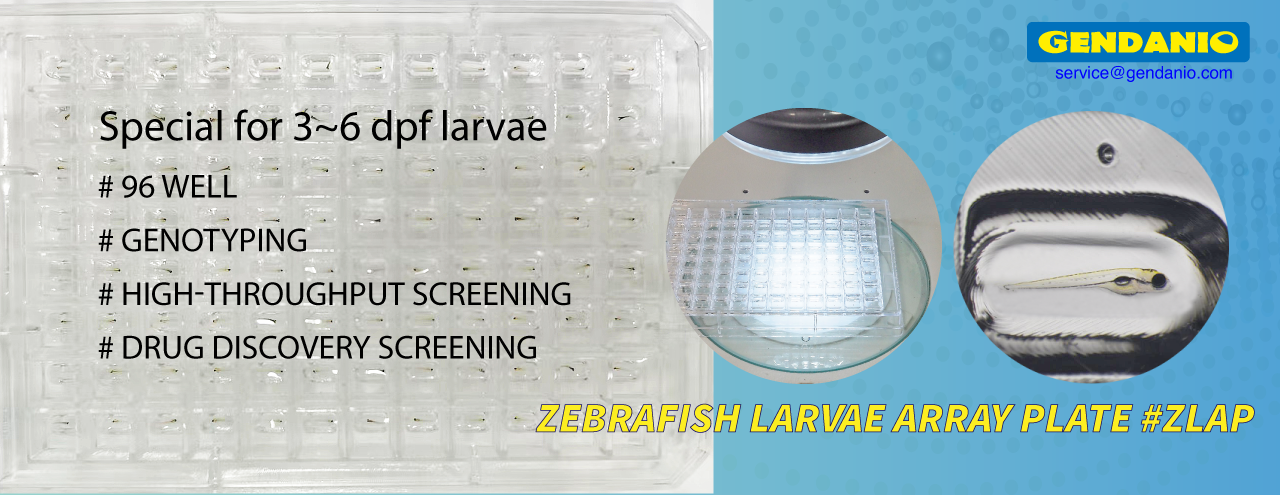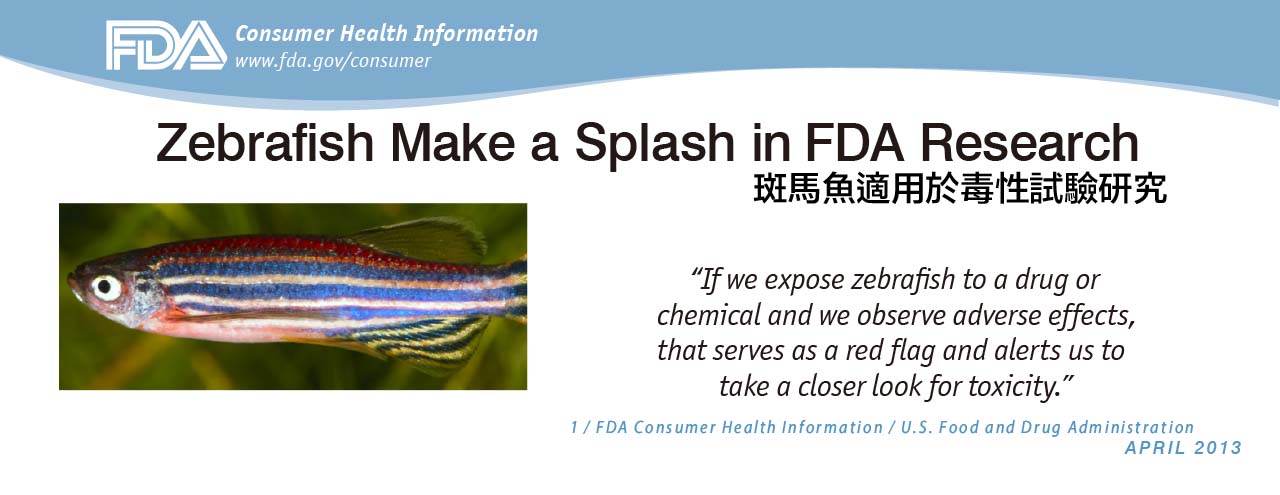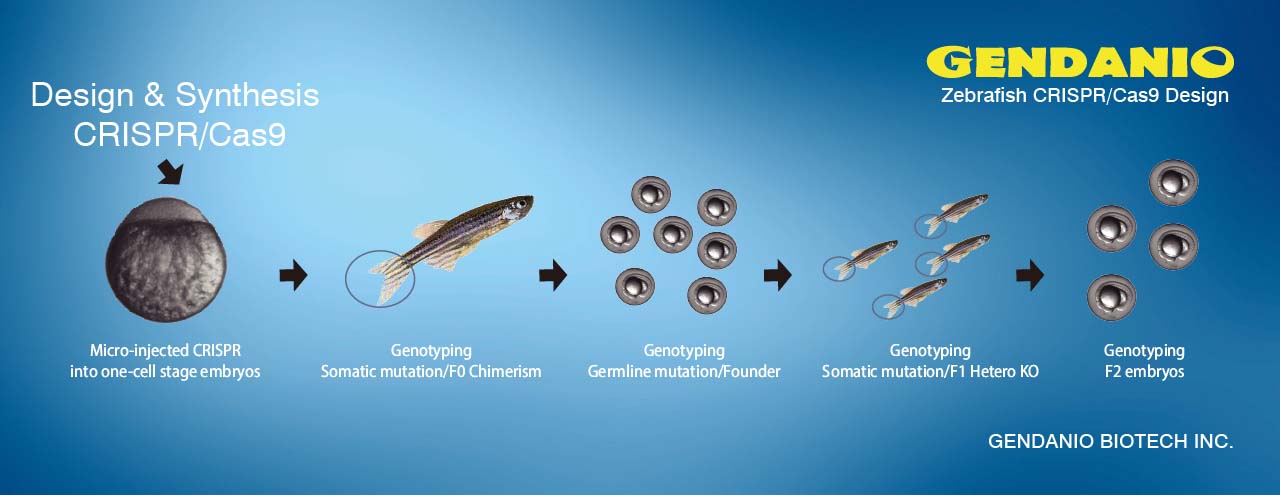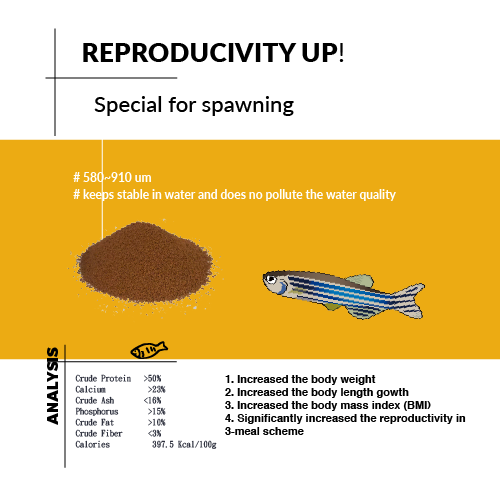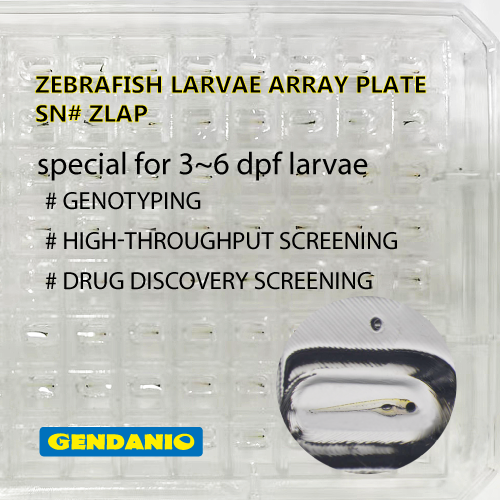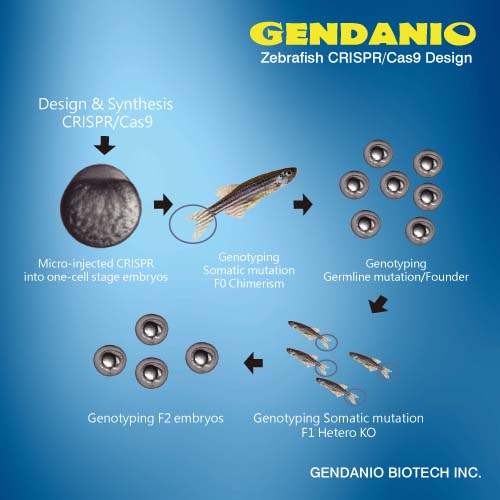Nov. 8 - Researchers at the Mayo Clinic in Minnesota are using nicotine-addicted zebrafish in the fight against smoking. The scientists say that the genetic make-up of the fish allows for faster and more efficient testing of new drugs than conventional clinical trials. Ben Gruber reports.
STORY: Zebrafish and humans have a lot common.
Eighty percent of our genetic makeup is the same and when it comes to tobacco addiction - zebrafish find it just as difficult as humans to kick the habit. According to the World Health Organization, smoking kills more than five million people every year. But Eric Klee, an assistant professor at the Mayo Clinic, believes that zebrafish may hold the key to reducing that number.
DR. ERIC KLEE, ASSISTANT PROFESSOR OF MEDICAL INFORMATICS, MAYO CLINIC, SAYING: "We know from a genetic standpoint the primary genes involved in interacting with the nicotine and helping the nicotine work within the animal are present in both the fish and humans." After introducing the fish to nicotine, Klee found they reacted in much the same way as humans - they quickly became addicted. When the fish were denied their nicotine they became noticeably frustrated, swimming excitedly inside their tanks until their next 'fix'. Dr. Klee reasoned that if zebrafish and humans have the same struggles with tobacco, the fish could be a new tool in testing treatments for humans. So, he shared his initial results with Dr. Jon Ebbert, a Mayo clinician who specialises in finding new treatment for nicotine addiction.
JON EBBERT, PROFESSOR OF MEDICINE, MAYO CLINIC, SAYING: "I didn't believe it, that we could do this. I really didn't and it has certainly presented some incredibly exciting opportunities, possibly breakthrough opportunities for the treatment of tobacco dependence which is the number one killer and preventable death and disability world-wide." What really excited Ebbert was the possibility that the zebrafish could significantly accelerate clinical trials. This small room holds hundreds of thousands of zebrafish, each of them a test subject. Unlike human trials, which have a limited number of participants that can only test a small amount of drugs at a time, a trial using zebrafish can obtain the same results which would normally take years - in just weeks. The researchers began testing different combinations of drugs already approved for human use.
JON EBBERT, PROFESSOR OF MEDICINE, MAYO CLINIC, SAYING: "We are trying to approach this problem by saying 'well here is a drug that works in this way and here is a drug that works in another way maybe together they will work effectively and maybe even better than either agent alone. That is really what we are trying to do." The researchers say they already have found several combinations of drugs that could prove effective in combating nicotine addiction but that more trials are necessary. The biggest problem they now face is finding funding for their research. Because the use of zebrafish in addiction trials is so new, large institutions like the National Institutes of Health (NIH) are yet to establish mechanisms to provide grants for future trials.
DR. ERIC KLEE, ASSISTANT PROFESSOR OF MEDICAL INFORMATICS, MAYO CLINIC, SAYING: "I don't think that is something that is going to hold us back. We will find a way to do this because I think we think it is important both from just a basic understanding of what is going on here as well as how we are going to help patients, both here in the United states and world-wide going forward because we have in our tool box here a new tool that I think is going to be potentially revolutionary for how you decide what medications are going to be effective for treating tobacco dependence." Both Klee and Ebbert say they're confident their research will get the funding it needs, while, in the meantime, they keep fishing for new treatments with what they have. Ben Gruber, Reuters.
Source: reuters


